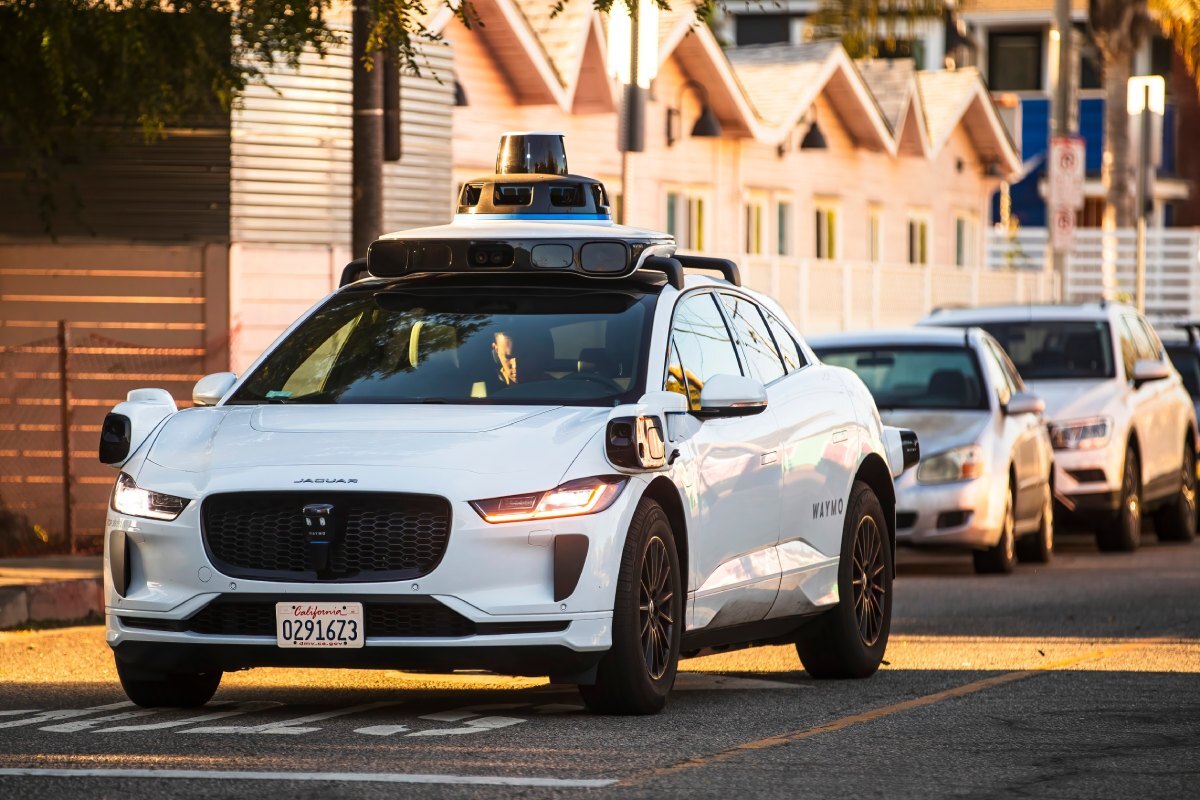
With complex tech and steep regulatory hurdles at home and abroad, it’s still too early to call a clear winner in the global robotaxi race.
Alphabet’s (GOOG) Waymo has used its status as first-to-market to build a lead in the U.S., currently operating in five states, with its service expected to also soon launch in Miami, Washington, D.C. and New York City.
Tesla (TSLA) launched its robotaxi service in Austin, Texas this past summer and on the company’s latest earnings call, Elon Musk said the company is "getting the regulatory permission to launch" robotaxis in several other states, including California, Arizona, Florida and Nevada.
But while Musk has declared that he expects Tesla’s robotaxis to reach "half the population of the U.S. by the end of the year," there are doubts about whether he can actually make that happen.
Uber Technologies (UBER) has indicated that it expects to launch a robotaxi service in the U.S. in 2026, but the company has already been building a presence in the space internationally through partnerships with China-based autonomous vehicle startups Pony AI (PONY) and WeRide (WRD).
Europe and the Middle East become prime targets for expansion
Both Pony AI and WeRide are making an aggressive push to expand their robotaxi services outside of Asia and into Europe and the Middle East.
WeRide announced last week that it has expanded into Belgium with the launch of its robobus fleet in the city of Leuven. The expansion is coming through a partnership with Flemish public transportation company De Lijn and mobility consultancy firm Espaces-Mobilités.
This marks the 11th global market that WeRide has entered into and strengthens its business in Europe, after having also launched its service in France, Spain and Switzerland.
The company will start by conducting public road testing this month with a safety officer on board. Pending regulatory approval from the Public Department of Mobility and Transport, a pilot program will be launched in mid-November with shuttle service operated by De Lijn.
The pilot will conclude at the end of January and then regular service in Leuven is expected to begin at its conclusion.
Jennifer Li, CFO and Head of International at WeRide, said in a statement that “Europe is a key AV market with strong public investment and clear commercialization paths, with Belgium standing out as a mobility-focused innovation hub.”
Meanwhile, rival Pony AI announced this month that it is expanding its robotaxi service into Qatar, through a partnership with Mowasalat, the country’s largest public transportation provider.
Pony AI has begun testing on public roads in Qatar’s capital city of Doha. This marks the Chinese company’s further expansion into the Middle East, after having also launched its service in Dubai.
“Qatar presents a unique environment for autonomous driving deployment, and Mowasalat’s deep local knowledge makes it an ideal partner,” Dr. James Peng, chairman and CEO of Pony AI, said in a statement.
“Together, we aim to build a resilient and scalable autonomous driving solution that supports sustainable mobility across the region.”
In addition to its move into the Middle East, Pony AI earlier this year received a permit from Luxembourg’s Ministry of Mobility and Public Works to begin testing its robotaxis and opened its first dedicated European research and testing hub in Luxembourg.
Your email address will not be published. Required fields are markedmarked